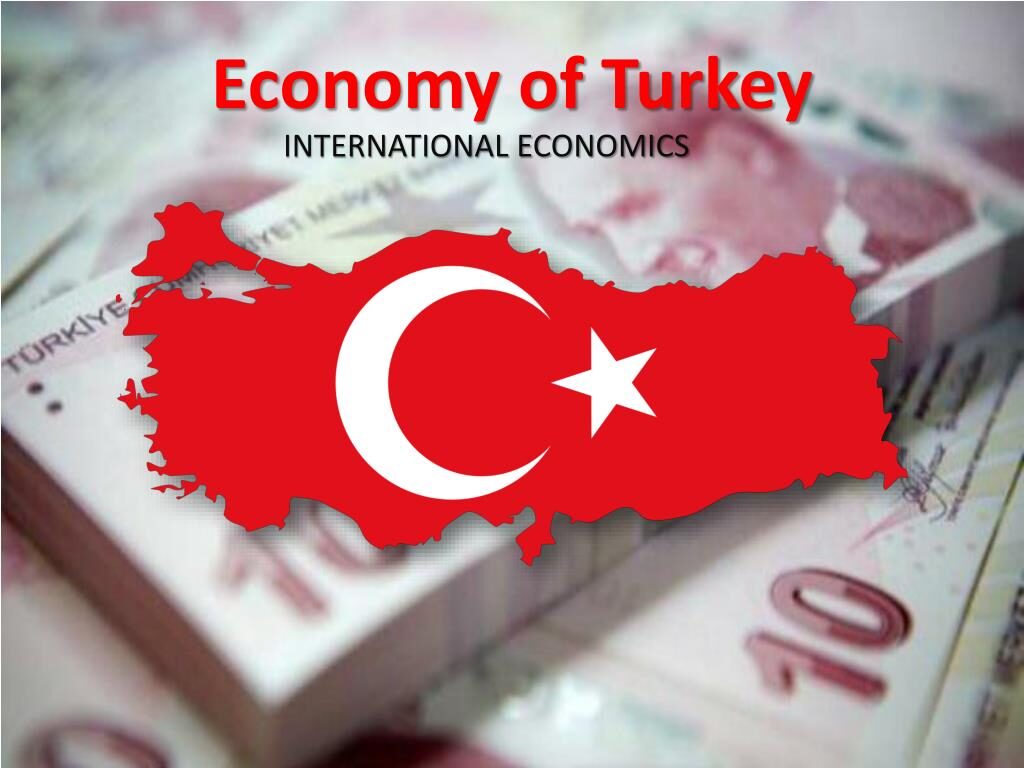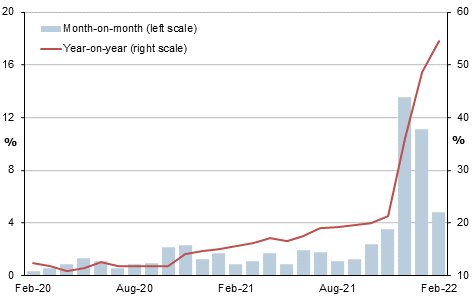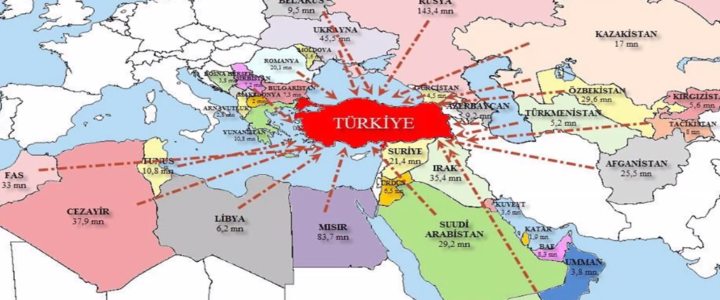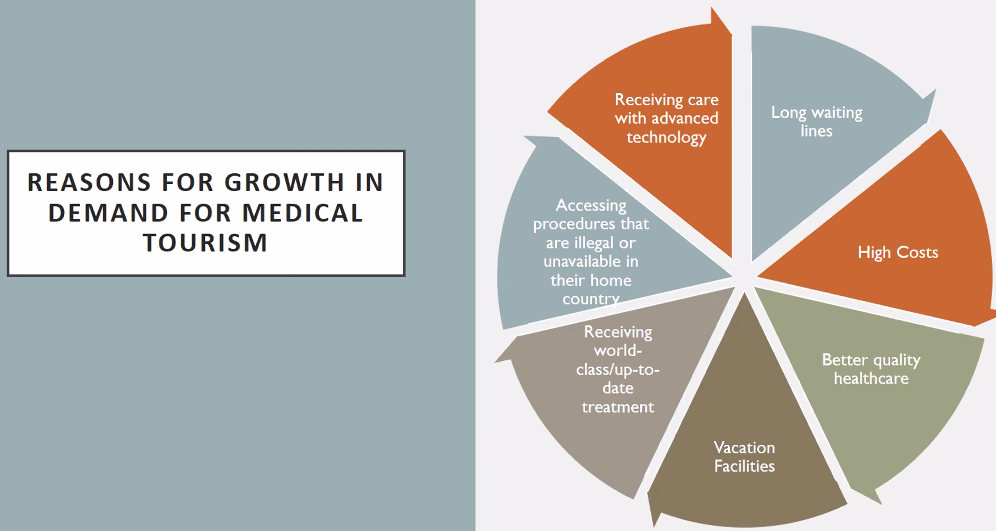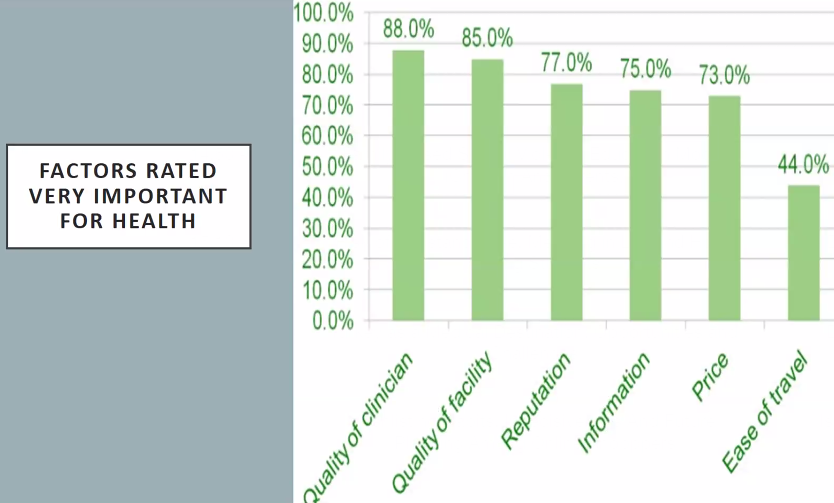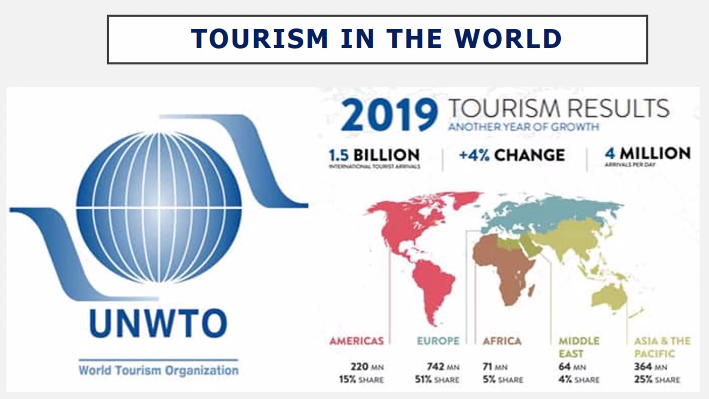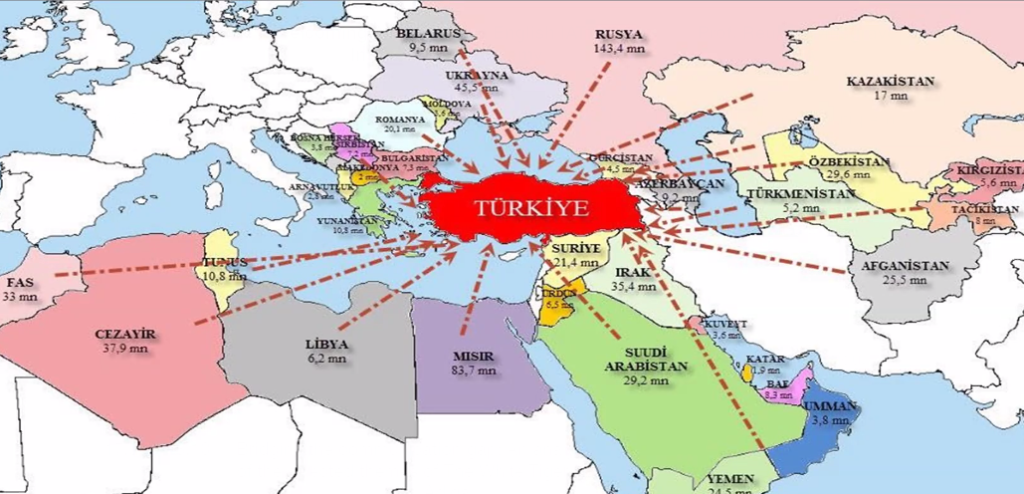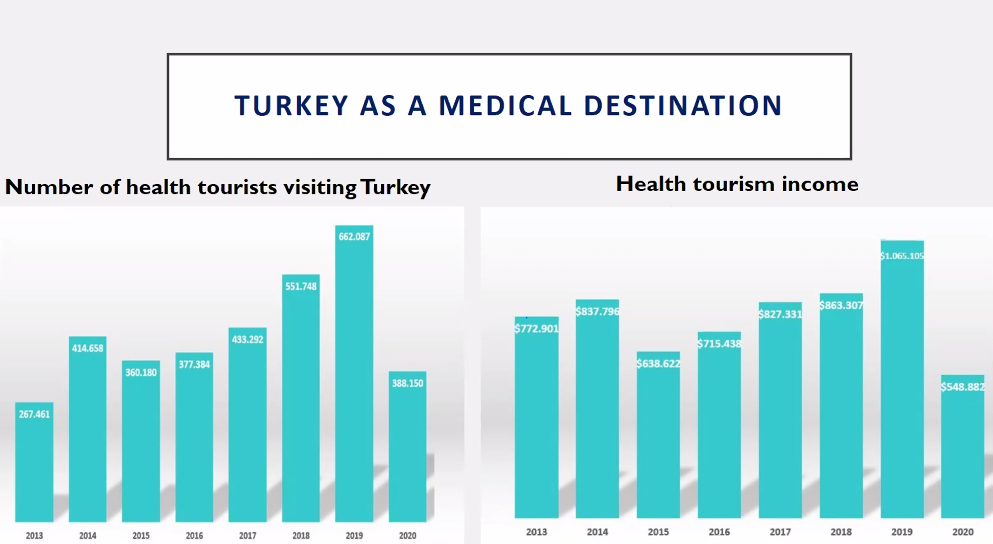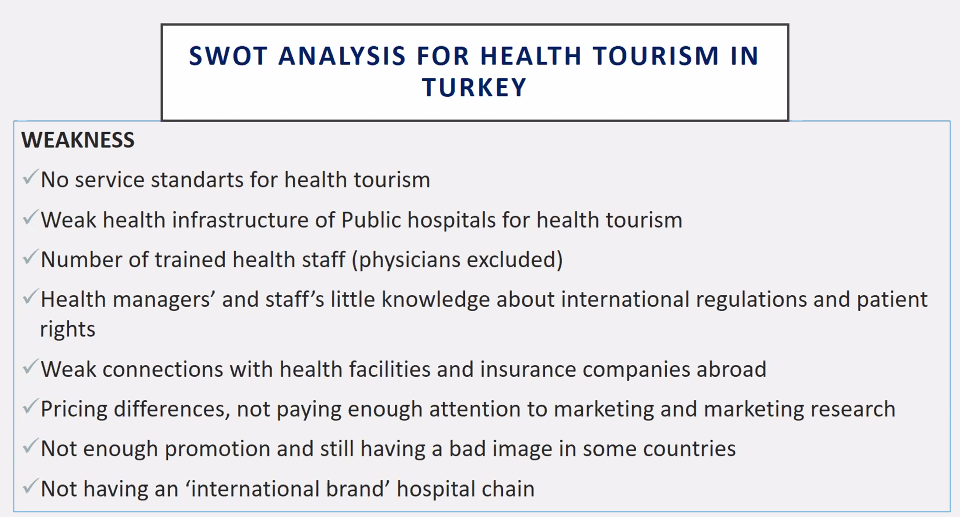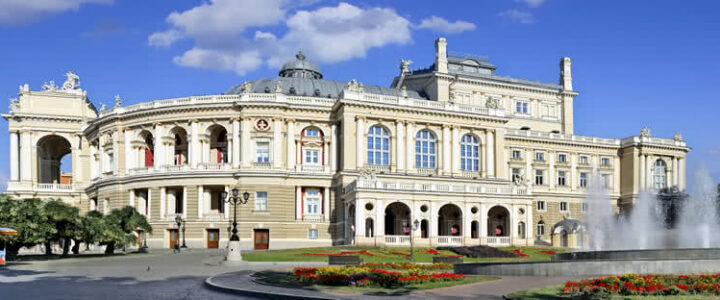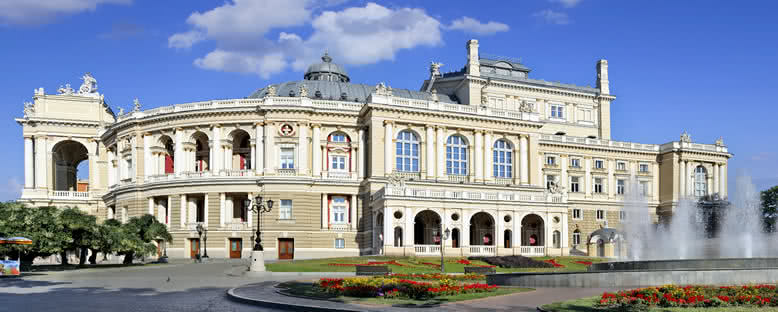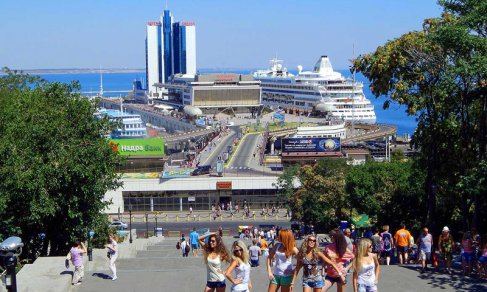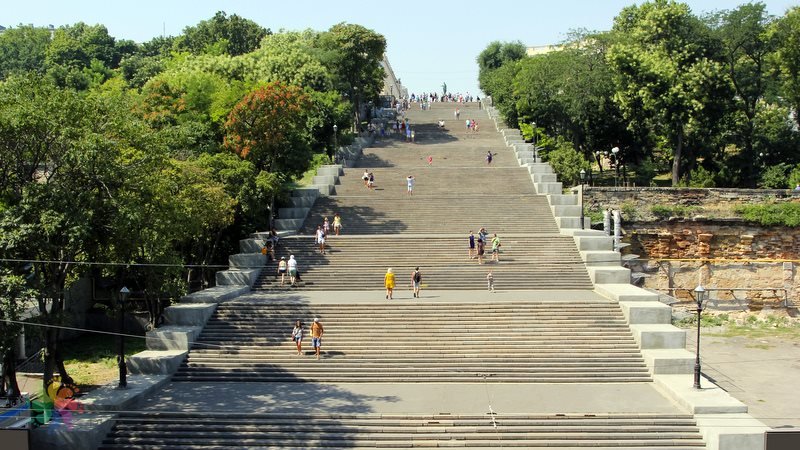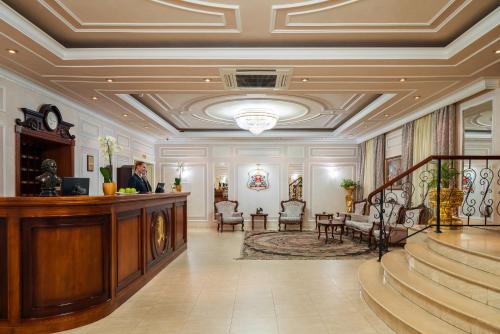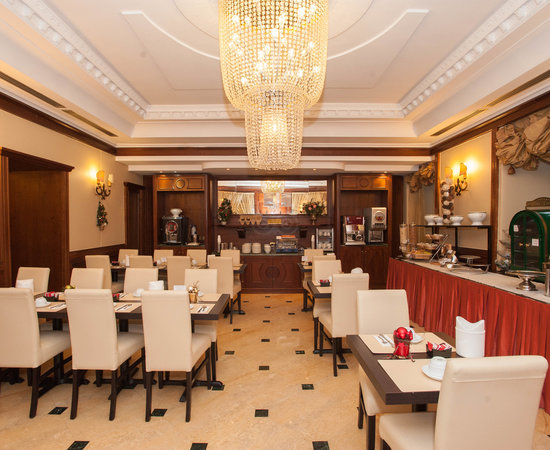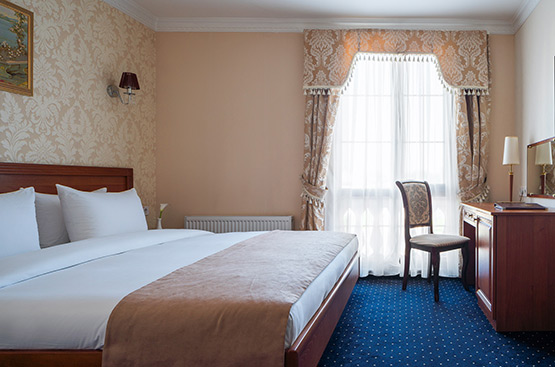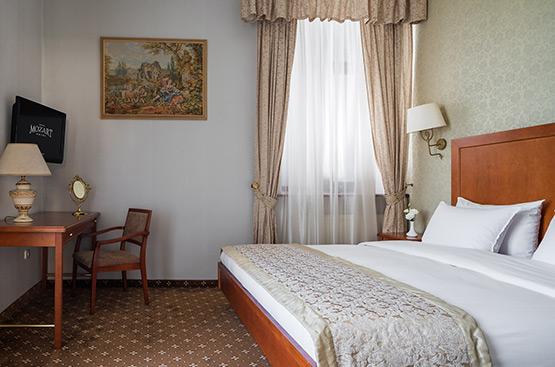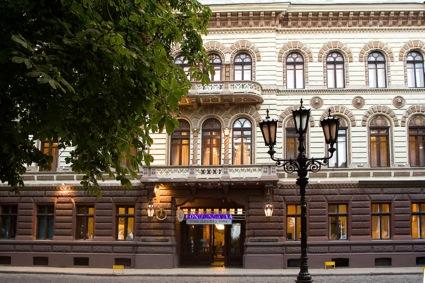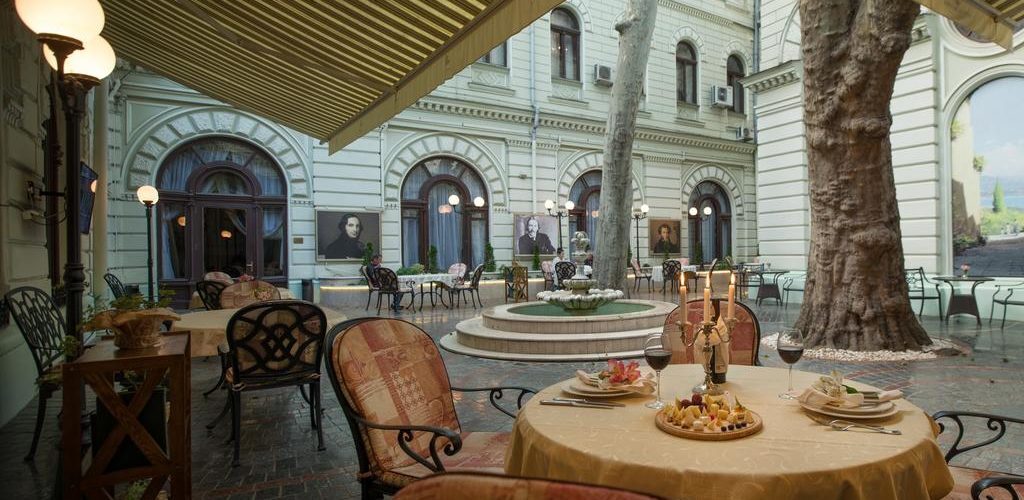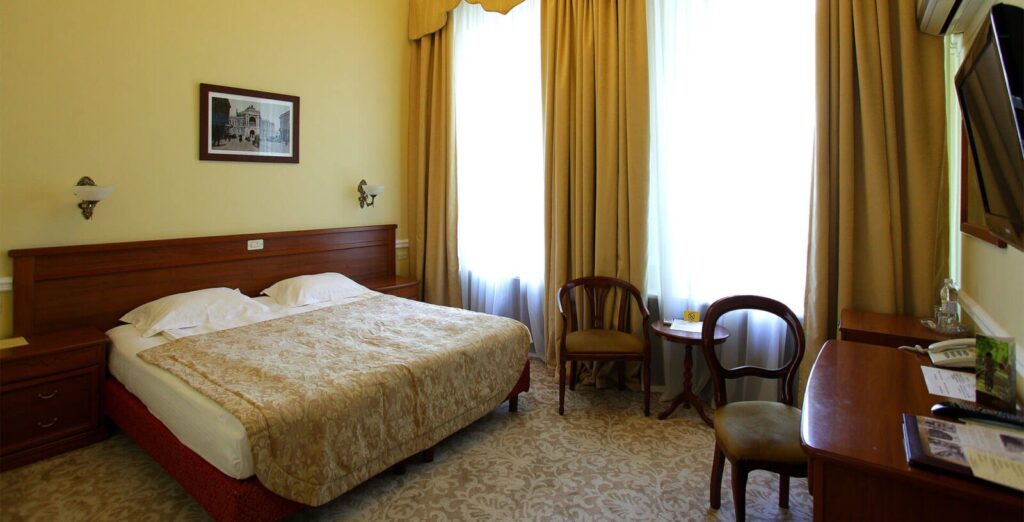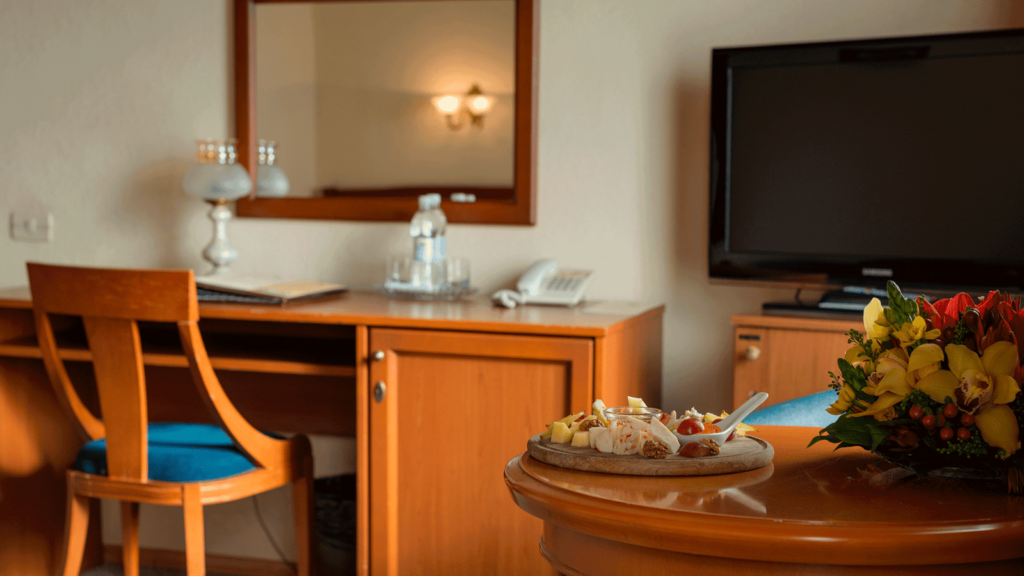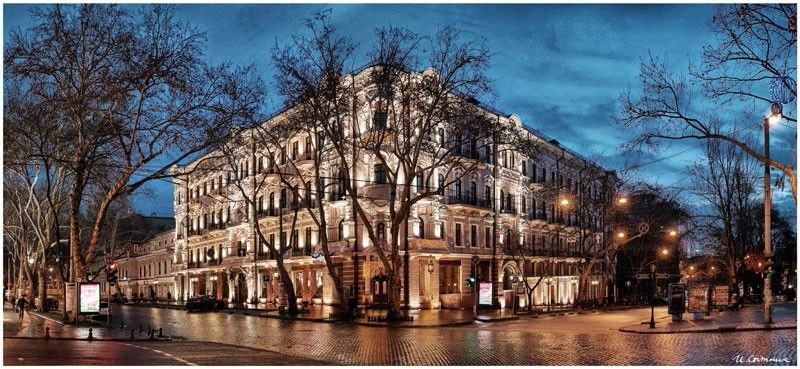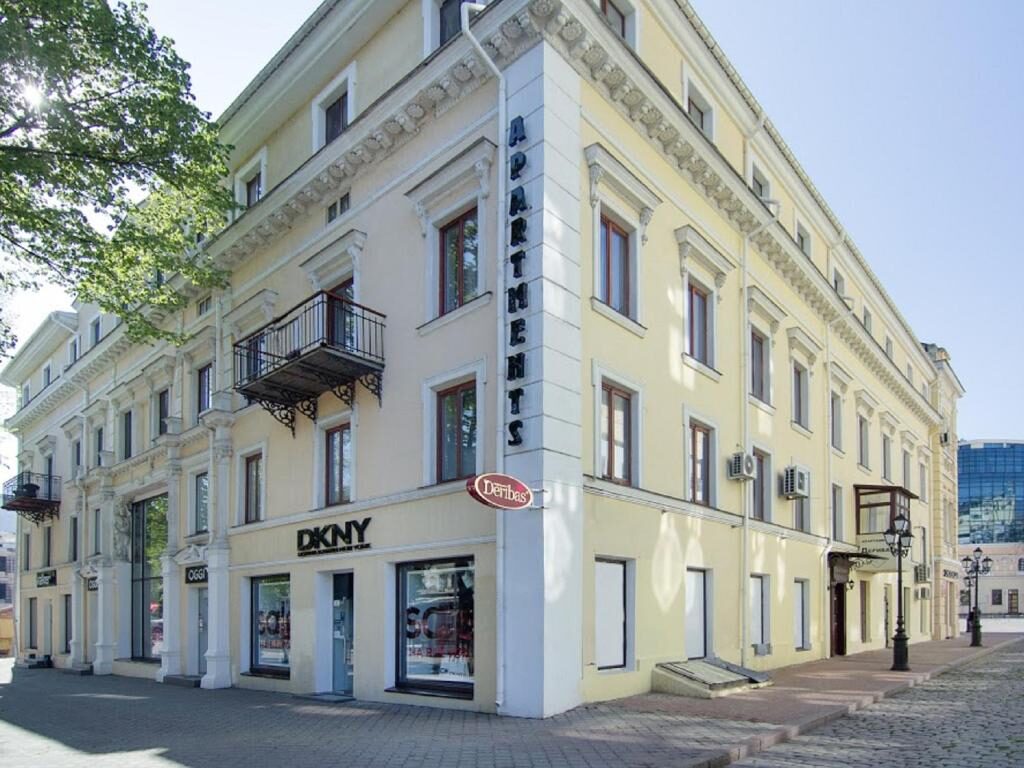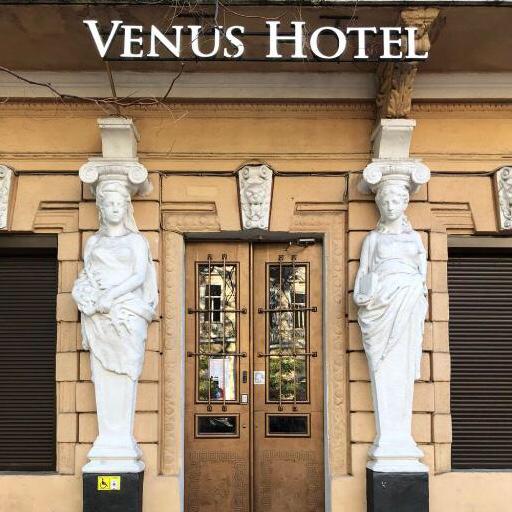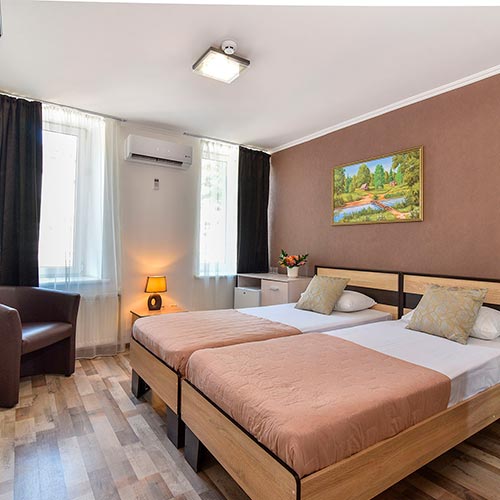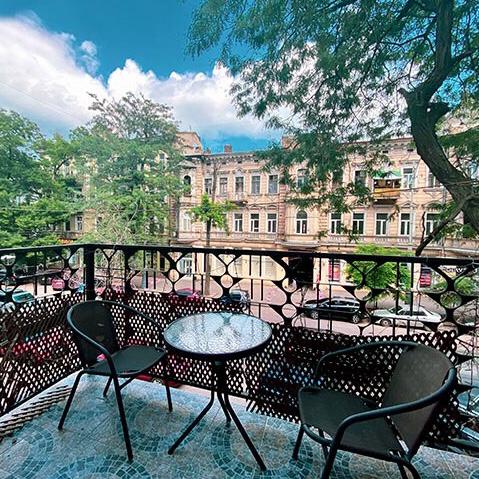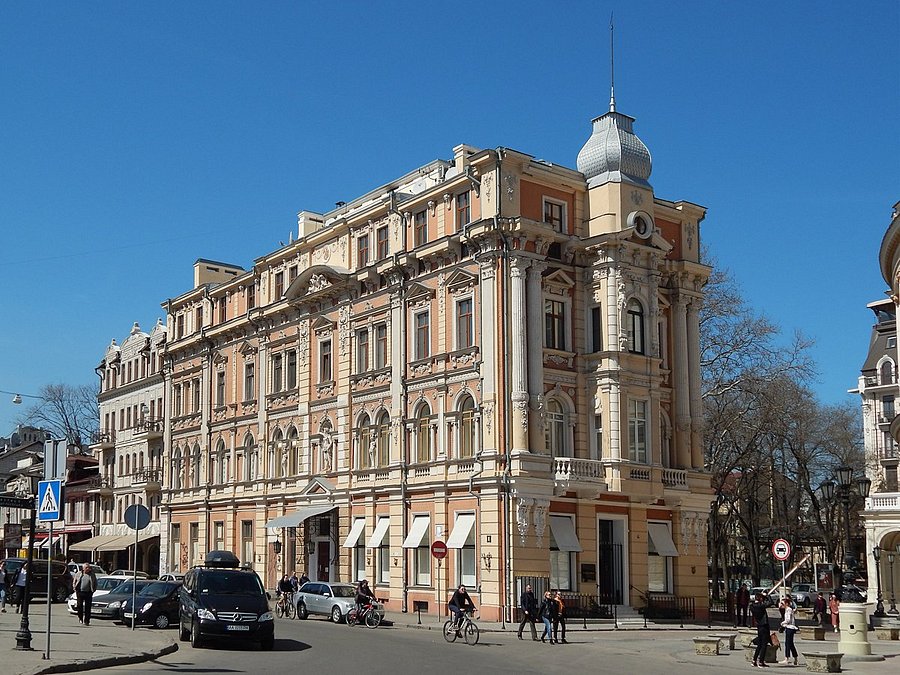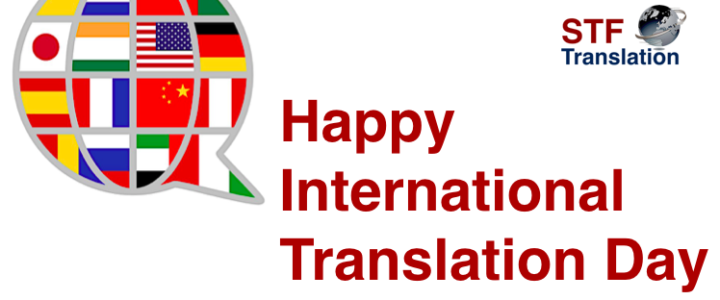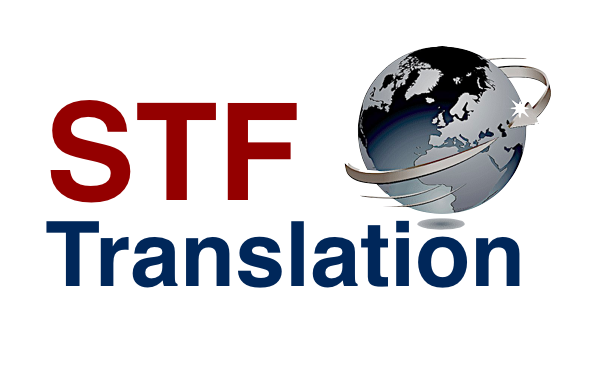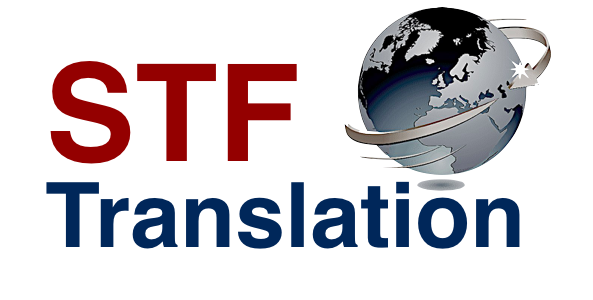Что-то бросить, а особенно постоянную работу, может быть эмоционально очень тяжело и даже принести социальное неодобрение. Можно ли изменить эту ситуацию?
Как только в 2020 году закрылись спортзалы в Великобритании, персональный тренер Джеймс Джексон уволился с работы. «Я просто знал, что мне нужно перейти на работу онлайн», – говорит 33-летний Джексон из Манчестера. «Тренажерный зал – очень оживленное место, и я не мог себе представить, что он снова будет пользоваться такой же популярностью. Я чувствовал, что если останусь здесь слишком долго, то просто упущу хорошую возможность».
Но принять решение уйти было сложно. Джексон потратил восемь лет на построение успешной карьеры и базы постоянных клиентов. «Было страшно все бросить», – говорит он. «Все, что я знал и умел,- это быть персональным тренером». Джексону также было трудно справиться с мнением других людей. «Мой босс решил, что я просто принял опрометчивое решение и позволил своим эмоциям взять над собой верх», – говорит он. Такого же мнения придерживалось большинство его коллег: «Они думали, что я явно поторопился с решением. Я уже начал переживать, что бросаю работу, а их реакция вызывала у меня еще больше сомнений».
“Я уже начал переживать, что бросаю работу, а их реакция вызывала у меня еще больше сомнений».
Если вы не начинаете новую блестящую карьеру, уйти с работы и перейти на другое место может оказаться очень сложным, вызвать массу неприятных эмоций, и даже развить чувство потери и проигрыша. Столкнувшись с перспективой увольнения, Мелисса Доман, организационный психолог из Денвера в штате Колорадо, сообщает: «Как правило, люди очень самокритичны. Для многих работа напрямую связана с их самоидентичностью и чувством собственного успеха и эффективности.»
Тем не менее, несмотря на эти факторы, многие люди хотят оставить свою работу. Согласно недавнему глобальному опросу Microsoft, 41% всех сотрудников думают о том, чтобы подать заявление об увольнении.
В США рекордное количество работников уволилось с работы в апреле 2021 года. Аналогичные процессы ожидаются в других странах, включая Великобританию, Ирландию, Австралию и Новую Зеландию. У этого движения даже появилось название – Великая отставка.
У этой развивающейся тенденции есть множество причин, – начиная от переоценки людьми того, чего они хотят от своей карьеры, что было спровоцировано пандемией, и включая стресс, связанный с совмещением дома и работы, или вызванный недовольствами со стороны работодателя.
Каким бы ни был мотиватор, многие, кто уже решил или решит уволиться, будут переживать эмоционально сложный период. “Что-то бросить” часто вызывает негативное восприятие, как со стороны окружающих нас людей, так и у нас самих, даже если на то есть веские причины.
С другой стороны, потрясения, вызванные пандемией, и огромное количество людей, потенциально готовых бросить работу, могут заставить нас переосмыслить отношение к увольнению и рассмотреть его как более позитивный жизненный выбор.
“Психологический дискомфорт”
Доман говорит, что социальное неприятие в отношении бросивших постоянную работу в основном проистекает из «очень старого школьного убеждения о том, что когда вы попадаете на работу или начинаете определенную карьеру, то это делается на всю жизнь, хотя этот подход уже давно не соответствует действительности». Это убеждение хорошо вписывается в популярный нарратив, что самый надежный путь к успеху в карьере – это упорный труд, настойчивость и даже готовность страдать ради лучшего конечного результата. Другими словами, это все те качества, которыми не обладает бросивший постоянную работу.
Исследования показывают, что негативное убеждение больше всего влияет на людей, которые оставляют свою работу, но не переходят на другую. В то время как люди, уволившиеся из-за открывшихся лучших карьерных возможностей, извлекают выгоду из того, что остаются в пределах известной карьерной траектории, по исследованиям 2018 года, специалисты по персоналу и широкая общественность воспринимают людей, уволившихся с работы, как в целом менее компетентных, менее дружелюбных и менее подходящих для найма с того самого момента, когда они стали безработными.
Единственный способ смягчить это отношение, это – представить доказательства того, что они бросили работу из-за внешних факторов, а не уволились по собственному желанию.
Эти суждения также вызывают напряжение – бросить работу без конкретного плана о дальнейшем трудоустройстве с большей вероятностью приводит людей в состояние эмоционального расстройства. Негативные чувства, которые мозг может испытывать после увольнения, очень интенсивны, включая стыд, вину, страх и ощущение провала. Вдобавок ко всему, состояние «увольнения с работы и отсутствие других планов на трудоустройство, вызывают у обычного человека психологический дискомфорт», – говорит Доман. «Эмоционально и неврологически мозг не любит неопределенность или двусмысленность».
“Негативные чувства, которые мозг может испытывать после увольнения, очень интенсивны, включая стыд, вину, страх и ощущение провала. Вдобавок ко всему, состояние увольнения с работы и отсутствие других планов на трудоустройство, вызывают у обычного человека психологический дискомфорт»
Двумя распространенными реакциями человека после увольнения являются нарастающая тревога по поводу правильности принятого решения, и страх дальнейшего будущего и неизвестности. Персональный тренер Джексон попал в первую категорию. Уйти означало продать машину и вернуться домой к родителям, а также бросить единственно известную ему работу. Он остался наедине с «ужасающей тревогой», которая привела к тому, что он не мог спать в течение недели.
Переживание сложных эмоций также распространено, если ваше решение уйти с работы обусловлено внешними обстоятельствами. Кристин Уайт, 40 лет, из Северной Каролины, США, пережила буквально период «горя», бросив работу тренера по здоровью и благополучию. «Я помню, как сказала мужу: “Дай мне месяц или два, чтобы пережить это, потому что мне очень и очень грустно”. Работа была моим проектом, моей гордостью, а потом – не осталось ничего», – говорит она.
В 2015 году Уайт оставила успешную корпоративную карьеру, чтобы позаботиться о своем психическом здоровье после рождения первого ребенка. Впоследствии она основала свой собственный оздоровительный бизнес. Однако, когда в апреле 2020 года был объявлен повсеместный локдаун, она столкнулась с двумя проблемами одновременно – развернуть свой бизнес в Интернете и обучать своих маленьких детей на дому. Она вспоминает чувство большого стыда и смущения, когда она сообщала интересовавшимся людям, ее профессиональным контактам и даже друзьям, что ее бизнес закрывается.
«Я помню, как сказала мужу: “Дай мне месяц или два, чтобы пережить это, потому что мне очень и очень грустно”.
Многим людям может быть трудно ориентироваться в своих решениях из-за публичного аспекта относительно увольнения. «Нравится вам это или нет, но люди будут реагировать на вашу ситуацию», – говорит Доман. «И часто социальная реакция на увольнение звучит так: «О, у него не получилось!»». Уайт до сих пор помнит язвительные комментарии из ее более широкого круга общения, что ей пришлось бросить свою корпоративную карьеру, из-за того, что она была там не достаточно успешной. «Они преследовали меня», – говорит она, – «Я сразу почувствовала осуждение, когда перестала работать и стала находиться дома, потеряв статус работающей женщины».
В состоянии беспокойства Джексону приходилось бороться с инстинктивным желанием попроситься обратно на старую работу, но другая часть его знала, что негативная реакция коллег скорее всего связана с их собственными опасениями за свое будущее. Его босс, в частности, с трудом мог согласиться с тем, что Джексон уходит, чтобы сосредоточиться на онлайн-обучении. «Я думаю, что в глубине души он понимал, что то, каким образом люди занимаются спортом и поддерживают форму сейчас, скоро изменится навсегда. Но он не хотел терять бизнес, над созданием которого он сам так упорно трудился», – говорит он.
Новые возможности?
Работникам, которые хотят бросить работу, но не решаются сделать это, Доман советует сосредоточиться на личных причинах увольнения, а не на общественном его восприятии, и рассматривать решение в перспективе. «Вы не определяете свою роль до конца своей жизни, – вы просто делаете следующий шаг или принимаете следующее решение», – говорит она.
Также важно спрашивать совета у нужных людей в нужное время. Приняв решение лично, она советует поговорить с теми, кто пережил увольнение и добился успеха. Они с меньшей вероятностью воспримут ваше решение об увольнении в негативном свете. «Это те люди, которых следует спрашивать, потому что вы находитесь в начале пути, а они – уже на другой стороне», – говорит она. «Не спрашивайте у людей, которые не прошли через этот процесс, потому что они никак не смогут вам помочь.»
«Нравится вам это или нет, но люди будут реагировать на вашу ситуацию. И часто социальная реакция на увольнение звучит так: «О, у него не получилось!» – Мелисса Доман.
Рост числа людей, уволившихся с постоянного места работы в последние месяцы, означает то, что появилось больше, чем когда-либо, людей, которые могут дать информированный совет, что делать дальше. Эксперт по кадрам Дэвид Д’Суза из Чартерного института персонала и развития (Chartered Institute of Personnel and Development – CIPD) в Лондоне (Великобритания), сообщает, что негативное отношение к увольнению среди нанимающих на работу менеджеров может уменьшиться само собой, поскольку пандемия привела к значительным экономическим и социальным потрясениям, как следствие, повсеместные изменения в занятости неизбежны. В более широком смысле, он говорит, что «убеждение в том, что кто-то должен оставаться на работе, не смотря на отсутствие в организации хорошого к ним отношения или наличие неудовлетворенных потребностей, давно устарела».
Исследования также дают некоторую надежду на то, что кризисные обстоятельства в области здравоохранения могут изменить отношение к уволившимся в положительную сторону, определяя последствия увольнения как более благоприятные. Например, в исследовании устойчивости, проведенном Deloitte в 2021 году, руководители предприятий назвали адаптируемость и гибкость как наиболее важные качества на рабочем месте в будущем.
Предвосхищения Джексона оказались правильными – через восемь недель после увольнения он был принят на работу в компанию по онлайн-обучению. Он считает, что его новая работа имеет более лучшие долгосрочные перспективы, а рабочие часы в офисе ему больше по вкусу, чем те 60 часов в неделю, которые он проводил в качестве персонального тренера.
Будучи без работы всего несколько недель, Джексон был честен со своим новым работодателем о причинах увольнения, и это решение, по его словам, помогло им установить более доверительные рабочие отношения. «Это настроило нас на правильный лад», – говорит он. В конце концов, Джексон обнаружил, что увольнение «странным образом расширяет возможности», хотя это и не тот опыт, который бы он хотел пережить заново.
Уайт также считает, что все могло сложиться к лучшему. Она запускает свой бизнес заново, «но на этот раз он будет работать действительно умнее, и я лучше понимаю, чем я хочу заниматься», – говорит она. Ее муж продолжал работать во время того, как она два раза бросила работу, и она чувствует себя “привилегированной иметь выбор” перестать работать, хотя для нее лично это была достаточно болезненная ситуация.
С этим согласен Доман – для многих бросить работу просто невозможно финансово. Тем, кто может уволиться, но колеблется, она советует: «Постарайтесь побороть свой страх и неуверенность. Тот факт, что вы принимаете решение, правильное для вашей жизни и вашей карьеры, – это уже привилегия. И это – большая возможность».
Источник
Why does quitting your job still feel so hard?
https://www.bbc.com/worklife/article/20210823-why-does-quitting-your-job-still-feel-so-hard
Перевод STF Translation
